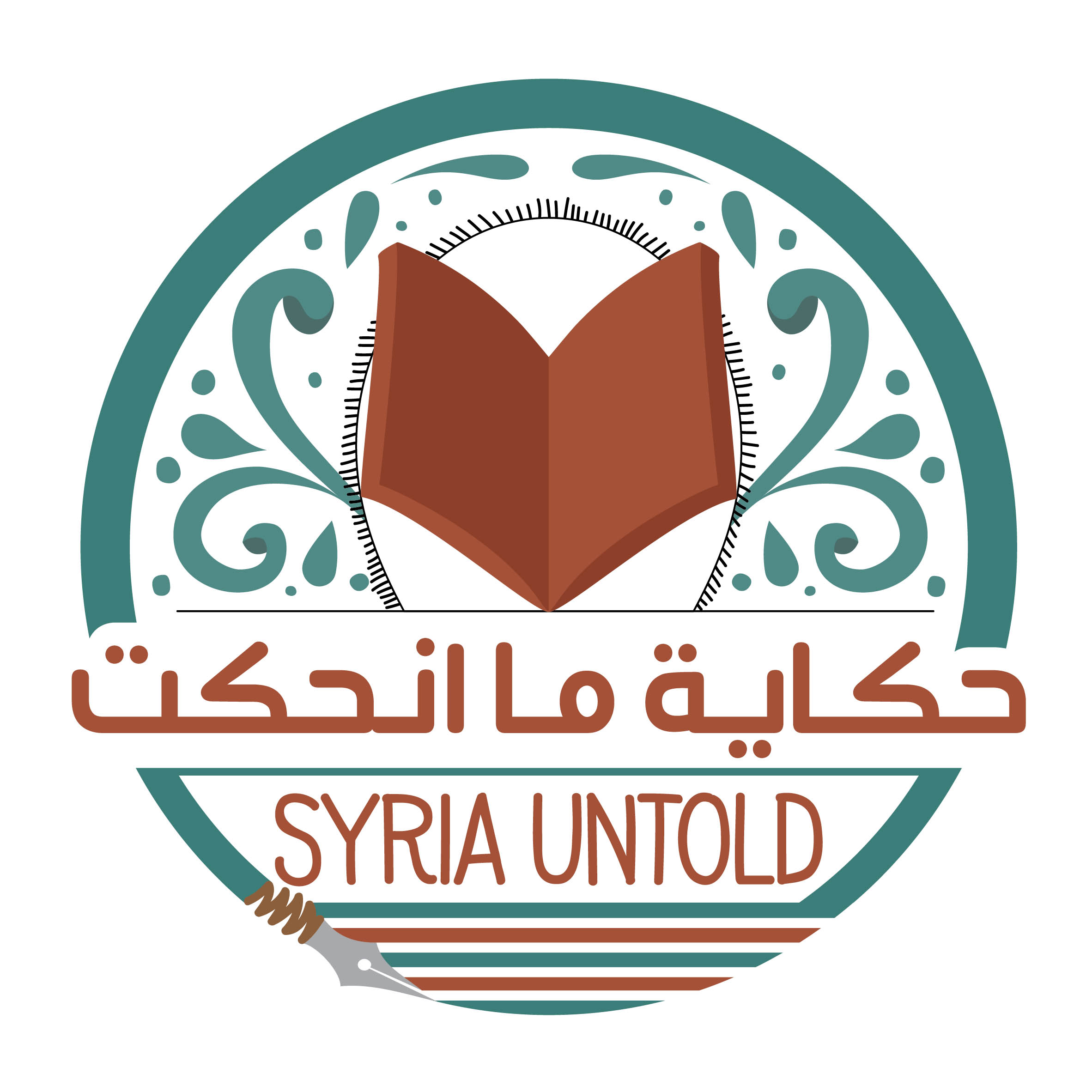When men go to war, mostly women are the ones who are left to pick up the pieces. As the war in Syria grinds into its eighth year, Syrian women have shown incredible resilience and strength in facing its detrimental effects. Women were displaced inside the country and out. They were arrested by the different parties in this war. They faced social and sexual exploitation and violence whether in detention or in refugee camps. They continue to face social and economic discrimination.
But Syrian women are brave. They are the moms who keep and provide for their families when the husbands are missing or detained. They are the teachers and the doctors and nurses who keep doing their jobs under risk of bombardment. They are the activists and lawyers who strive to make Syrian women represented in any negotiation and the future of Syria.
Syria Untold celebrates these women on International Women's Day, and on this occasion we bring you from our archive seven pieces written by Syrian women and about their struggles.
Belonging to a Militarized Syria as a Woman
Rahaf Aldoughli
This perpetuation of masculinized belonging and identity also has a spatial dimension, as one must wonder while walking along the streets in Syria that the dominance of the military-styled color khaki in the portraits of Hafez Al-Assad is a symbol of man’s strength and heroism.
The Impact of Gun Culture on Women in Idlib
Syrian Female Journalists Network
This state of overall insecurity has been aggravated by gun culture, which affects women differently from men. It has undermined women’s social, political and economic participation in a society that was already in the grip of sexism, patriarchal domination and rampant gender-based violence. It has also cemented an unjust vision of women, who are cast as victims in need of protection rather than effective members of society who are capable of contributing to the search for solutions.
Uncovered Baklava
Alice Al-Shami
Ola’s mother wears a dark-colored veil. Her sister is also veiled. Getting used to an additional piece of cloth on the head was supposed to be simple. But, Ola could not process this change at all while growing up and handled things differently when it came to her own daughter.
Divorce Boom in Rojava: Liberated or Second-Class Women?
Fansa Tammo
The establishment of numerous women's organizations in Kurdish-ruled northern Syria has led to an increase in divorce rates that bears a multifaceted impact on society.
Syrian women push for political say in liberated areas
Huda Yahya
Patriarchal traditions and insecurity have been stumbling blocks for women seeking to participate in political life in Syria's liberated areas. But Ghalia Al-Rahhal is helping Syrian women make their voices heard.
Racism, Sectarianism or Sexism? On Damascus and the Syrian Demographic Barcode
Maya Abyad
What distinguishes lines in the barcode is not only their length, but also their width and the distance between them. For example, a middle-class rural family may be closer to a financially modest urban family, even if their sects differ, if there’s no "persisting" political animus between the two sects at that given moment. Meanwhile, a rift could reach fever pitch between neighbors of the same sect, if one is a liberal university professor and the other a conservative merchant. This is, then, a more complex relationship than either the sect of the father's family or a box to check in the civil registry.
Ibaa saved many lives but was unable to save her own family
Nayef al-Bayoush
Ibaa remembered the victims who had died on impact, those who were stuck under the rubble and those taking their last breaths. She felt shaken by the criminality of the regime and the oppression that civilians endure, even when they are sick or wounded.




